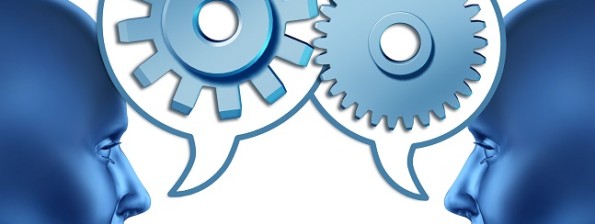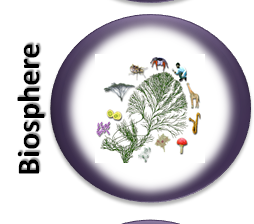Tag Archives: interpretation
30 Dec Context Models
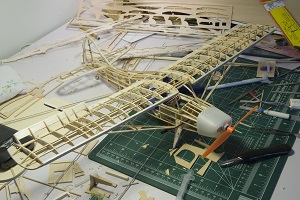
Building a Model The goals of the research that evolved into Understanding Context were twofold: to investigate human physiology/psychology for clues that would let us evaluate neuromorphic computational paradigms; and to explore the possibility of new computational models using context to correlate and associate concepts. Birds fly and they are lightweight. Building models of flight with lightweight materials works […]
01 Oct Methodology or Mythology
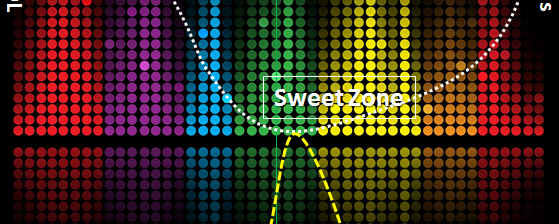
Call me a “nut”, but I have always been enthralled by science fiction. An image of Dave, a surprised and confused astronaut from 2001, a Space Odyssey, stays in my mind. In his eyes, I could see his brain working frantically to figure out how to master the situation, and giving way to hopelessness. The […]
31 Mar Asymmetrical Balance, True Love and Chaos
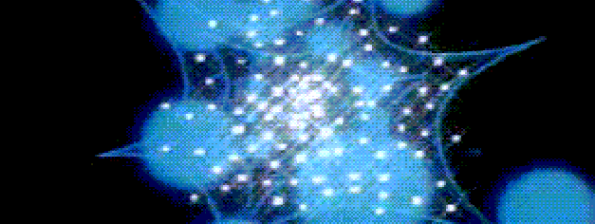
Inequality is the Pattern Unequal distributions characterize everything in the universe from subatomic particles to galaxies. In fact the whole idea of “equality” in the physical universe seems at least a tiny bit sketchy. At the extreme end of unequal distributions is chaos. On the near end are things that approximate equality: balance, parity, equal opportunity, symmetry […]
19 Mar Neural Networks – Section 3 Intro
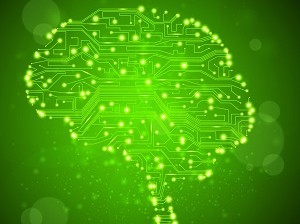
It’s all in your head My posts on Brains and Neurons show us there is a sense of structure and order in the brain. By looking at the brain’s areas, we see how each plays a special role in processing the information necessary to support human cognition and other activities. We’ve looked at neurons and learned that each type has its own components, […]
06 Mar Correlation in Neuroeconomics
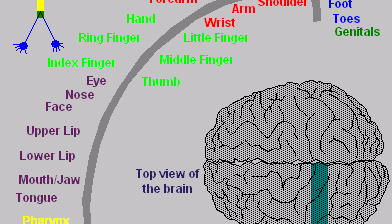
I find that driving when my body is tense, especially on slick roads or in poor visibility, is uncomfortable to the point of danger. Stress is a killer. I found, as a student, that relaxing at the piano just before going in to the test helped me perform better (on the test). I think many […]
26 Feb Choosing an Ontology Framework
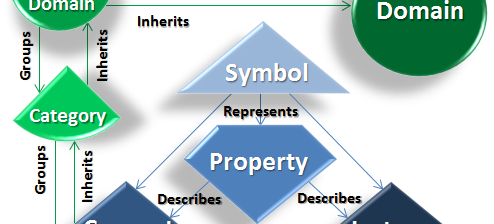
Ontology is a knowledge representation language like Roger Schank‘s Semantic Networks and John Sowa‘s Conceptual Graphs or Doug Lenat‘s Semantic Web. An Ontology framework is the model (structure, function and content definition) in which you choose to build your ontology. Like a Relational Database or an Object Oriented Programming Language, an ontology has defined structures, functions […]
24 Feb Intro to the End of Code

By: Joe Roushar – February 2013 In the Beginning When computer programming began, it consisted mostly of written computer instructions called code. Data was minimal. Decks of dozens to hundreds of punched cards told the computer what to do with the data, which was also encoded on punched cards. The process of writing and debugging code was tremendously tedious. As computing […]





